In short:
- Arizona, Nevada, and Mexico are facing historic emergency water cuts.
- Drought is forcing British animal farmers to dip into their winter forage reserves.
- Scientists found a simple way to break down PFAS and make unlimited water safe.
Economy, food security, supply chain
UK’s inflation reached 10.1% in July, pushed higher by food and energy costs. The government is planning a £400 energy bill discount. Citi warns that inflation could hit 15% in early 2023 unless there are government measures to lower prices. Here’s a UK inflation calculator you can use to see how your personal inflation rate compares to the national average.
Heat and drought have negatively impacted EU grain production…
Check out the current state of drought and its impact on agriculture in the EU👇
➡️47% of 🇪🇺 is under drought warning conditions, 17% in alert. Drought and hot temperatures have been especially recorded in central and north-western 🇮🇹, 🇪🇸, 🇵🇹, 🇷🇴 and southern 🇫🇷. /1 pic.twitter.com/pca58opOwP
— Janusz Wojciechowski (@jwojc) August 12, 2022
… and is driving the prices of meat, milk, and cheese even higher. British cattle and sheep farmers are digging into their winter forage reserves as the heat is drying up grazing land. Meat prices rose12% since last year—the biggest jump ever:
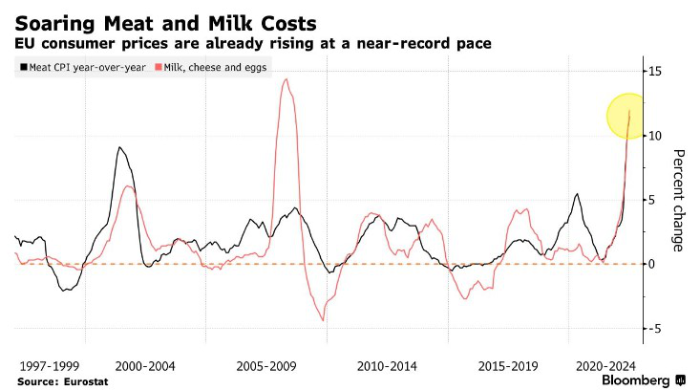
The first cargo ship carrying humanitarian food aid bound for Africa has left Ukraine. Ukraine will be able to export three million tons of grain in September and, eventually, four million tons a month. Thirty ships have applied to export grain in the next two weeks. Ukraine’s grain exports are down 46%.
Drought devastated the US cotton harvest. More than 40% of the cotton acres sown in the spring have been abandoned, and the amount harvested is the smallest since the 1800s. The USDA cut its estimate for the domestic cotton crop by almost 30% compared to last year’s production and predicted some of the lowest end-of-season inventories in decades.
China’s worst heatwave is forcing factories to shut down and subway stations to dim their lights to save power and prevent blackouts. The Chinese economy is not doing well, and people are refusing to repay loans on unfinished properties. China’s real estate market collapse could worsen the global economic slowdown.
Meta: People are starting to recognize that extreme weather caused by climate change is a hidden driver of inflation.
A new electric car Battery Belt is reshaping America’s heartland (the link has the interactive version of the map below):

Climate change, environment, extreme weather
Arizona, Nevada, and Mexico are facing historic emergency water cuts. The seven states that rely on Colorado River water were supposed to develop plans to reduce water use, but those talks have become bitter. Federal officials have declared a Tier 2 shortage for next year. Under Tier 2 shortage conditions, Arizona’s annual water allocation will be reduced by 21%, Nevada’s by 8%, and Mexico’s by 7%. The Interior Department said water use must be reduced “In order to avoid a catastrophic collapse of the Colorado River System and a future of uncertainty and conflict.”
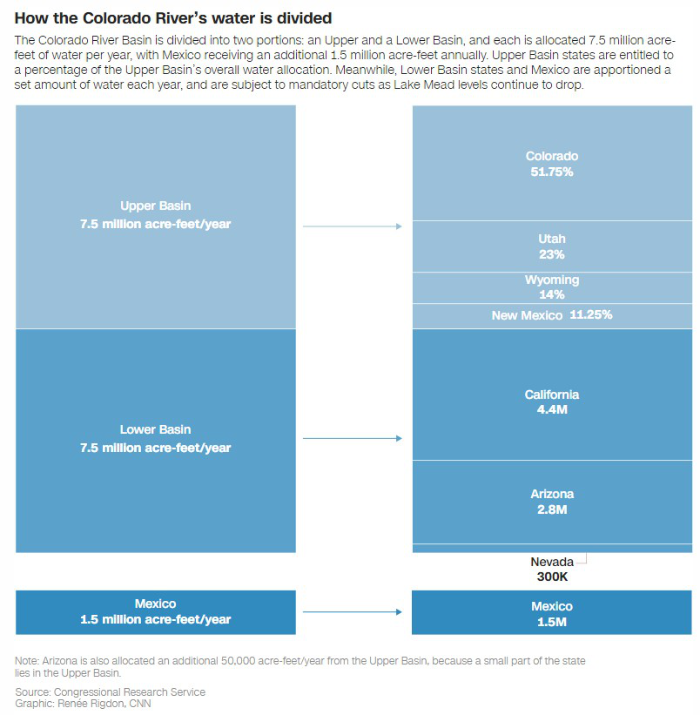
The Colorado River drought is so bad that you can see it from space:
/cdn.vox-cdn.com/uploads/chorus_asset/file/23949518/ezgif_3_13a8c071c7.gif)
/cdn.vox-cdn.com/uploads/chorus_asset/file/23949541/LakePowell.gif)
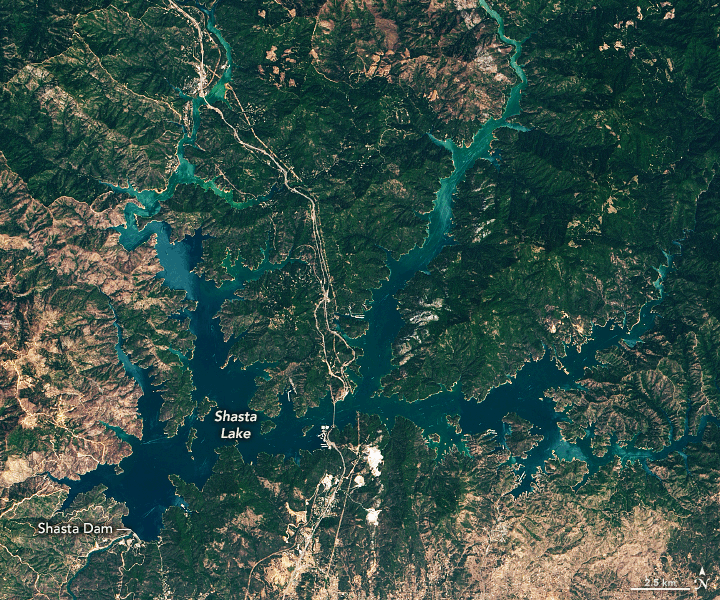
/cdn.vox-cdn.com/uploads/chorus_asset/file/23950982/Oroville20192021.gif)
Thames Water announced a hosepipe ban across the south of England, which will come into effect on August 24. Watering gardens and cleaning cars with a hosepipe will no longer be allowed, except for businesses and farmers.
China is seeding clouds to try and replenish its shrinking Yangtze River.
Scientists have discovered a simple way to break down PFAS at relatively low temperatures without producing harmful byproducts. Because of the simple technology, there are no limits to how much water can be processed. The technology could eventually make PFAS removal easier for water treatment plants.
Monkeypox
Bavarian Nordic, the only company with an approved monkeypox vaccine (Jynneos), said it’s no longer sure it can meet demand. The company might consider outsourcing some production, including a technology transfer to a US contract manufacturer. The UK is experiencing a temporary vaccine shortage pending delivery of further doses in late September. Africa might be getting its first vaccines soon. The US has the highest number of cases globally and has received about 88% of doses since May. More doses will be distributed soon:
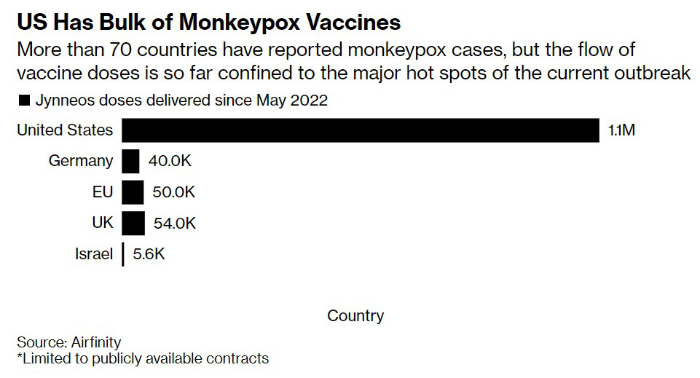
There is evidence of breakthrough infections among people vaccinated after exposure to the virus. It is unclear how this happens, but people getting the vaccine should know that Jynneos is most protective two weeks after a second dose.
Scientists reported the first case of human-to-dog transmission of monkeypox. The dog caught monkeypox from one of its owners, both of whom were infected with the virus. Per the CDC’s monkeypox guidance on pets: isolate an infected pet and do not leave their poop outdoors as the virus could spill into the wild animal population. If that happened, monkeypox could become endemic (as it is in Africa now).
And a monkeypox case was reported in a man whose ‘primary risk factor’ was close, nonsexual contact at a crowded outdoor event.
The monkeypox outbreaks in the UK, Germany, parts of Canada, and New York City seem to be peaking. Though these outbreaks aren’t over, they could be a sign that they are getting under control in certain places.
There are currently more than 14,000 cases in the US and over 40,000 globally.
The rest
The CDC is investigating a “fast-moving” E. coli outbreak in Michigan and Ohio:
Call your healthcare provider right away if you have severe E. coli symptoms, like diarrhea that lasts for more than 3 days or diarrhea with a fever higher than 102˚F, bloody diarrhea, or so much vomiting that you can’t keep liquids down and are not peeing much.
— CDC (@CDCgov) August 17, 2022
CDC officials say the agency will undergo a major reorganization to emphasize public health preparedness and response. The announcement came as a result of a report from an external group that criticized the agency’s early response to the pandemic.
A Turkish surge in exports to Russia raises fears of closer ties. And China said it would send its troops to Russia for joint military drills.
Ocean Builders has just unveiled a fleet of “eco-restorative” floating pods. Three models are available: the flagship SeaPod, the EcoPod (an ecologically and economically friendly option), and the GreenPod, designed for land use. They are designed to operate off-grid and could be serviced by drones. A total of 100 pods will be ready off the coast of Panama by the end of 2023, with an additional 1,000 by 2024:
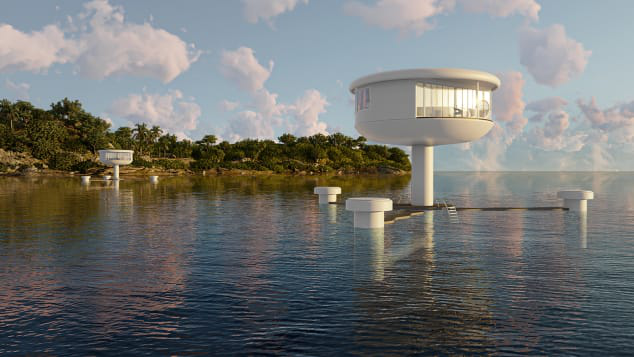
This is not a recent story, but the rescue video has been recently circulating on social media. Incredible survival story (here’s the write-up):
An Indonesian teenager survived 49 days adrift at sea after his wooden fish trap slipped its moorings. He survived on fish and seawater he squeezed from his clothing before being rescued by a passing cargo ship. from Damnthatsinteresting
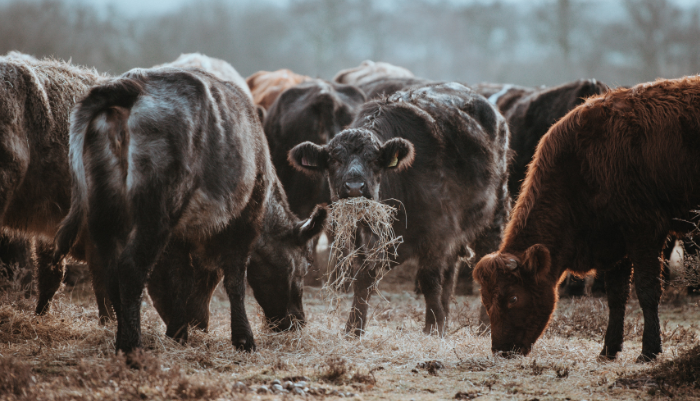
You are reporting the comment """ by on